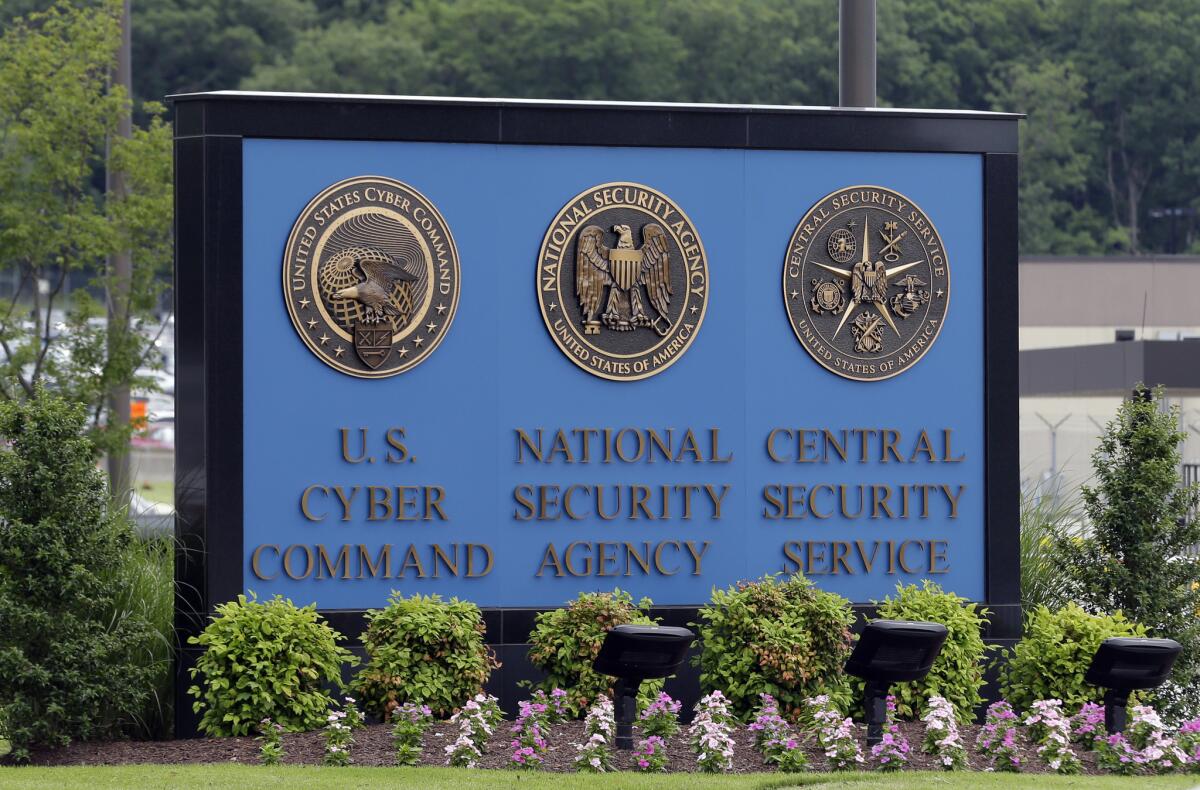D.C. appeals court lifts injunction against NSA’s bulk-collection program

A U.S. appeals court judge ruled Friday that the NSA can continue to collect bulk data until November, when a new law takes effect.
The National Security Agency can continue to collect the phone records of millions of Americans, but only for three more months, under a ruling Friday by the U.S. appeals court here.
The ruling is a symbolic win for the Obama administration and its national security team, but it’s also largely moot since Congress voted this summer to phase out the controversial surveillance program.
Two years ago, a federal judge declared the once-secret surveillance program unconstitutional and issued an injunction against it. But the judge stayed his injunction pending an appeal.
In Friday’s 3-0 ruling, the U.S. Court of Appeals in Washington set aside the district judge’s early ruling and agreed with the NSA that it can continue to collect the bulk data.
But that controversial policy will end in late November, thanks to a bipartisan compromise written into law in June. Libertarian Republicans and liberal Democrats agreed that the government did not need to collect and store the phone records in order to thwart terrorist plots.
Lawmakers, including key Republicans, said they had never intended to authorize such mass data collection when they adopted the USA Patriot Act in 2001.
Under the new law, NSA agents who are tracking suspected terrorists may seek the dialing records held by a phone company, but they will need the approval of a special court.
The new USA Freedom Act says the agency does not have the legal authority to demand that phone companies turn over all of their records to be held by the government.
The NSA was given 180 days in all to adapt to the new restrictions. The shift cut off a series of lawsuits that were challenging the mass phone collection as unconstitutional.
On Twitter: @DavidGSavage
More to Read
Start your day right
Sign up for Essential California for news, features and recommendations from the L.A. Times and beyond in your inbox six days a week.
You may occasionally receive promotional content from the Los Angeles Times.







